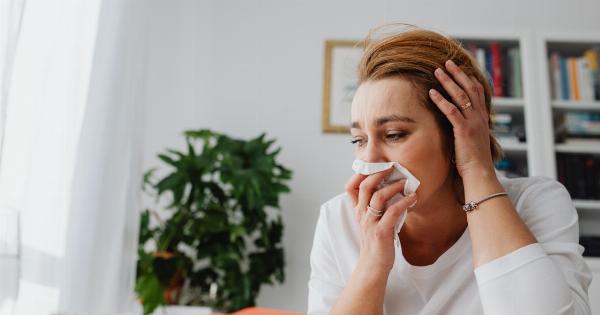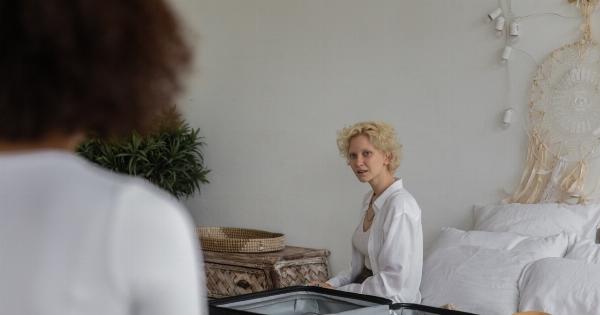In today’s digital age, screens are a ubiquitous part of life. From smartphones and tablets to laptops and televisions, we are constantly surrounded by screens.
While these devices have made our lives more convenient, they can also be detrimental to our sleep.
Research has shown that exposure to screens before bed can interfere with the body’s natural sleep-wake cycle, making it harder to fall asleep and stay asleep. Here’s why and what you can do about it.
How Screens Affect Your Sleep
Our bodies are wired to follow a natural sleep-wake cycle called the circadian rhythm. This cycle is regulated by various factors, including light exposure.
When we are exposed to natural light, our bodies release a hormone called melatonin, which tells our brains that it’s time to sleep. As it gets darker outside, our melatonin levels rise, making us feel sleepy.
However, screens emit a type of light called blue light, which suppresses the production of melatonin. When we are exposed to screens before bed, our bodies think it is still daylight and fail to release melatonin, making it harder to fall asleep.
In addition to interfering with melatonin production, screens can also stimulate the brain, making it harder to wind down and relax. This can lead to racing thoughts, anxiety, and overall difficulty falling asleep.
What You Can Do to Improve Your Sleep
If you struggle to fall asleep, stepping away from screens before bed is key. Ideally, you should stop using screens at least 30 minutes before bedtime.
If you absolutely need to use screens in the evening, there are some things you can do to minimize their impact on your sleep:.
Adjust Your Screen Settings
Many devices and apps now have a “night mode” or “blue light filter” setting that reduces the amount of blue light emitted by the screen.
Turning on this mode can help reduce your exposure to blue light and make it easier to fall asleep.
Use Dim Lighting
Keeping your bedroom dark and using dim lighting can help promote melatonin production and make it easier to fall asleep. Avoid bright overhead lights and instead use lamps or dimmer switches.
Establish a Bedtime Routine
Creating a relaxing bedtime routine can help signal to your body that it’s time to wind down and prepare for sleep.
This can include activities such as reading a book, taking a warm bath, or practicing relaxation techniques like yoga or meditation.
Avoid Stimulants Before Bed
Stimulants such as caffeine and nicotine can interfere with sleep, so it’s best to avoid them before bedtime. Alcohol may help you fall asleep faster, but it can also disrupt your sleep throughout the night.
Stick to a Sleep Schedule
Going to bed and waking up at the same time each day can help regulate your body’s sleep-wake cycle and make it easier to fall asleep at night. Try to stick to a consistent sleep schedule, even on weekends or days off.
The Bottom Line
While screens have become an integral part of our daily lives, they can also negatively impact our sleep. By stepping away from screens before bed and adopting healthy sleep habits, you can enjoy more restful and rejuvenating sleep.






























